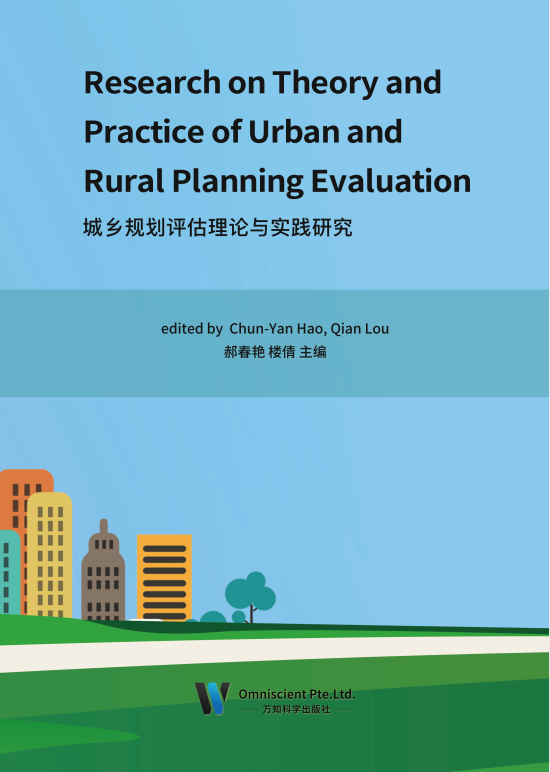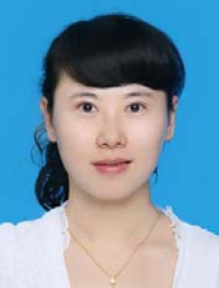
Preface
“Harmonious city” is not only a goal, but also a tool to analyze the current situation of urban development and propose solutions. We should not only see the four key areas supporting the “harmonious city”: the harmonious space and region, the harmonious society and economy, the harmonious environment and the planning and control oriented to the harmonious city, but also see the intangible assets that contribute to the urban harmony discussed in the report, such as cultural heritage, sense of place and memory, complex social and symbolic relationship, etc. These intangible assets, which represent the soul of the city, are as important as the tangible assets for the harmonious development of the city. The establishment of “harmonious city” is fundamentally based on the harmony between man and nature, man and man, spirit and material. The harmonious development of urban economy, the harmonious life in the age of science and technology, the harmonious operation of community cells and the harmonious interaction between the city and the countryside. The foundation of this foundation lies in the harmony of urban and rural multi cultures.
Due to the different development stages of cities, the research on urban planning evaluation in western developed countries started earlier, and gained rich experience and research results in theory, method and practice. Since the 1950s, with the promotion of the application of systematic method in the field of urban planning and the further improvement of economic and policy scientific methods, the research on urban planning evaluation has been widely carried out. At the beginning of the 21st century, the urban planning evaluation research in western developed countries has gone through a total of 60 years of development, and has initially formed a relatively complete evaluation theoretical system. The evaluation content extends from single scheme evaluation to comprehensive evaluation of planning value standard, public policy expression, planning implementation process and planning implementation effect; the evaluation method extends from qualitative evaluation to the combination of qualitative and quantitative evaluation, and constructs index system to evaluate each content; the evaluation practitioners are also from government departments, third-party professionals to the public; and has established a relatively complete evaluation information system and evaluation implementation mechanism.
前 言
“和谐城市”既是一个目标,又是一个分析城市发展现状问题和提出解决途径的工具。我们不仅仅要看到支撑“和谐城市”的四个关键领域:空间区域和谐社会经济和谐、环境生态和谐和面向和谐城市的规划管制,更应该看到报告中讨论的对城市和谐作出贡献的各种无形资产,例如文化的传承、场所感和记忆,复杂的社会与象征性关系等赋予城市意义的要素,这些代表了城市灵魂的无形资产与有形资产对于城市的和谐发展一样至关重要。建立“和谐城市”,是从根本上立足于人与自然人与人、精神与物质和谐,在形式上体现为多元文化的和谐共存。城市经济的和谐发展、科技时代的和谐生活、社区细胞的和谐运作以及城市和乡村的和谐互动,而此基础之上又在于城市多元文化和乡村多样文化的和谐。
由于城市自身所处的发展阶段不同,西方发达国家对城市规划评估的研究开始较早,取得了较丰富的理论、方法以及实践方面的经验和研究成果。从 20 世纪 50年代开始,随着系统方法在城市规划领域运用的推进和经济学、政策科学方法的进一步完善,对城市规划的评价研究得到了广泛的开展。到 21 世纪初期,西方发达国家的城市规划评估研究总共经过了 60 年的发展历程, 初步形成了较为完善的评估理论体系。评估内容从单一的方案评估扩展到对规划价值标准、公共政策表达、规划实施过程、规划实施效果等全面的评估;评估方法从定性评价扩展到定性与定量相结合、构建指标体系评价各个内容;评估从业人员也从政府部门、第三方专业人士到市民大众;并且建立了较为完善的评估信息系统和评估实施机制。

Chun-Yan Hao, female, master’s degree, born in September 1981. She graduated from Xi’an University of Architecture and Technology in major of urban planning. Since 2009, she has been working in Northwest Research Institute of Engineering Investigations and Design as the chief planner and vice president of the Planning and Municipal Administration Institute. She has been engaged in urban and rural planning and design industry, completed dozens of planning and design.
郝春艳,女,生于 1981 年 9 月,西安建筑科技大学城市规划专业硕士, 2009 年工作于西北综合勘察设计研究院,任院总规划师,规划市政院副院长,一直从事城乡规划设计行业,完成数十项规划设计。

Qian Lou, female, the Han nationality, born in December 1986. In July 2009, she graduated from College of Civil Engineering and Architecture in Shandong University of Science and Technology in major of urban planning. She works in Zhejiang Yiwu Urban Planning and Design Institute Co., Ltd. The projects she has compiled and completed have won many municipal and provincial awards for outstanding projects. “Research on the Practice Mode of Beautiful Countryside in Yiwu City” won the first prize of excellent project in 2016, and “The Comprehensive Environmental Improvement Plan of Dachen Town in Yiwu City” won the second prize of excellent project in 2017.
楼倩,女,汉族, 1986 年 12 月出生, 2009 年 7 月毕业于山东科技大学土木工程学院城市规划专业,就职于浙江省义乌市城市规划设计研究院有限公司。编制完成的项目多次获得市级、省级优秀项目奖项,《义乌市美丽乡村实践模式研究》获 2016年优秀项目“一等奖”,《义乌市大陈镇小城镇环境综合整治规划》获 2017 年优秀项目“二等奖”。